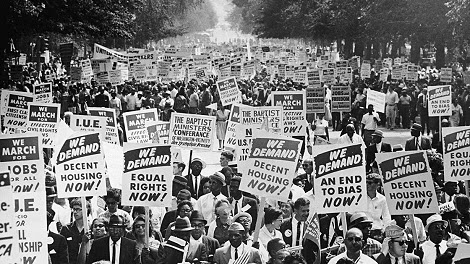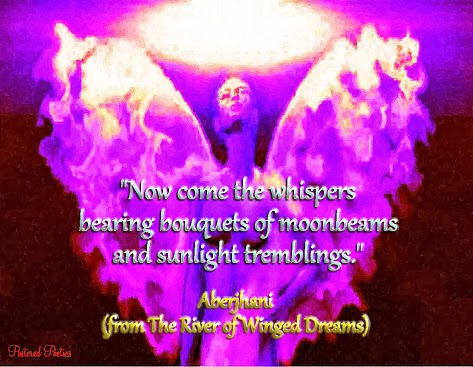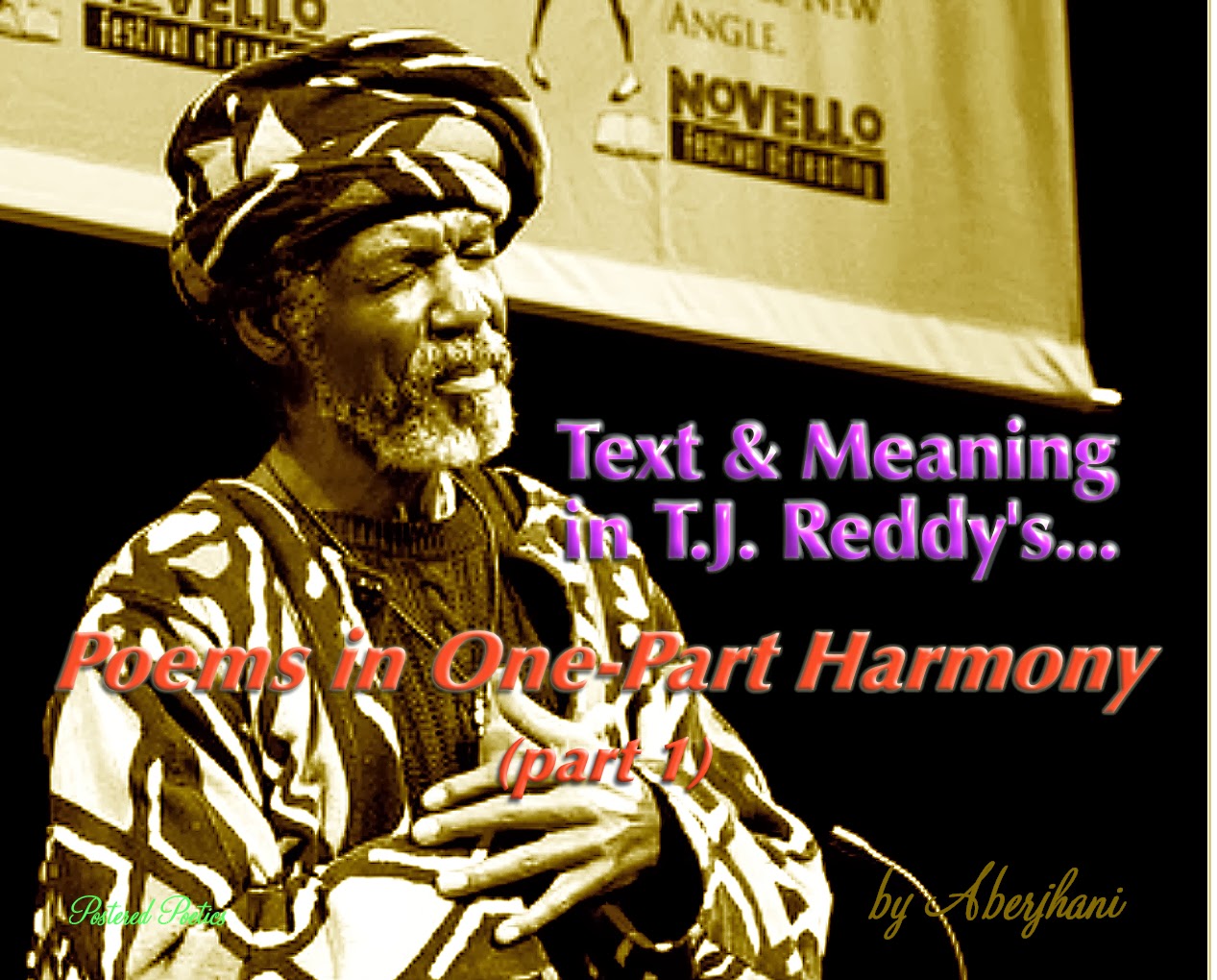Text and Meaning in the Civil Rights Act of 1964 (part 1 of 3) - by Aberjhani

Advocates for civil and human rights march in Washington D.C. (photography by Getty Images) “We must not approach the observance and enforcement of this law in a vengeful spirit. Its purpose is not to punish. Its purpose is not to divide, but to end divisions--divisions which have all lasted too long. Its purpose is national, not regional. Its purpose is to promote a more abiding commitment to freedom, a more constant pursuit of justice, and a deeper respect for human dignity.”–President Lyndon B. Johnson (Remarks upon Signing the Civil Rights Act of 1964) Because so many social and political turning points took place in the United States during the 1960s, the country in recent years has observed a number of important historical milestones and continues to do so in 2014. One such milestone is the 50th anniversary of the Civil Rights Act of 1964 . The act became a law July 2, 1964, making the official anniversary date July 2, 2014. Awareness of that date is particularly

